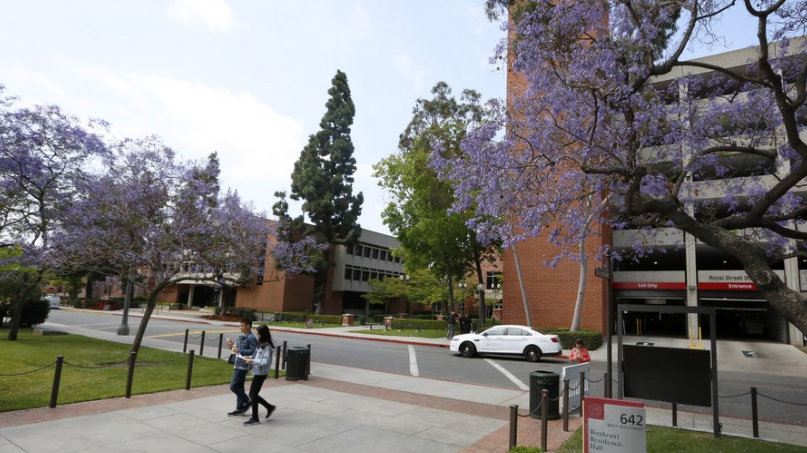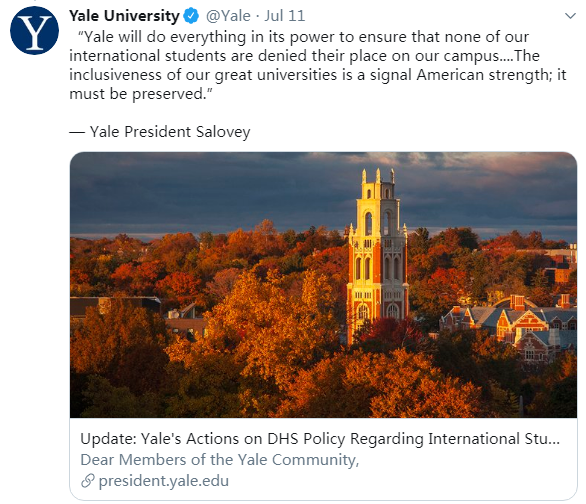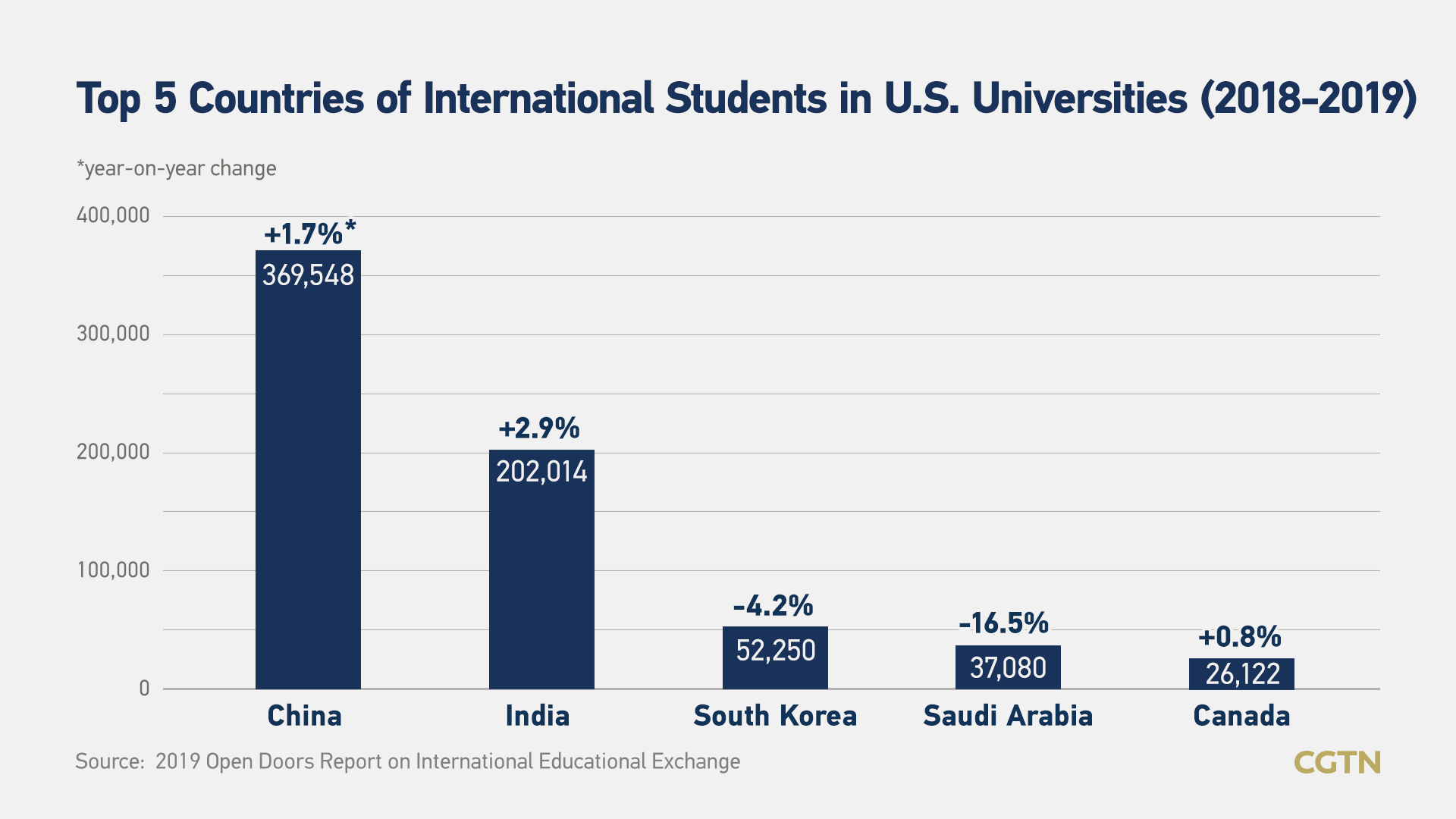
Two students walk on the campus of the University of Southern California in Los Angeles, California, the United States, June 3, 2019. /Xinhua
Two students walk on the campus of the University of Southern California in Los Angeles, California, the United States, June 3, 2019. /Xinhua
About 60 U.S. universities on Sunday filed a brief supporting a lawsuit by the two most eminent institutions in the country, seeking to block a Trump administration rule barring foreign students from remaining in the country if educational institutions don't hold in-person classes this fall.
The lawsuit was filed by Harvard University and Massachusetts Institute of Technology (MIT) on Wednesday in a federal court in Boston, two days after the Department of Homeland Security (DHS) issued new rules that will practically rescind foreign students' study visa if the universities they attend continue to only hold online classes this fall.
The so-called amicus brief – a supporting document submitted by interested parties – was filed by 59 U.S. universities on Sunday, including seven other Ivy League schools.
The universities said they relied on federal guidance, which was to remain "in effect for the duration of the emergency," allowing international students to attend all-online courses during the pandemic, according to the amicus brief.
"The emergency persists, yet the government's policy has suddenly and drastically changed, throwing amici's preparations into disarray and causing significant harm and turmoil," they added.
"We are taking this action for a simple reason: to do what we can to make sure the DHS policy receives judicial scrutiny," wrote Peter Salovey, president of Yale University, in a letter to the school community. "This ill-considered decision by the federal government must not go unchallenged."

A tweet by Yale University
A tweet by Yale University
What the U.S. plans to do to international students is exceptionally cruel
The U.S.' new immigration policy towards intl. students: Context and implications
The new rules were issued after many colleges and universities across the country announced reopening plans, but such plans would still require large chunks of the student body to stay away and study remotely for all or part of the year. Stanford, for example, said it will ask juniors and seniors to study remotely from home, while only letting freshmen and sophomores attend in-person classes.
The Trump administration announcement blindsided academic institutions grappling with the challenges of safely resuming classes as the coronavirus pandemic continues unabated around the world and surges in the United States.
As the White House has been trying to get schools and universities to reopen by autumn, imposition of the new rules were viewed as a way to force universities to reopen despite the safety risks posed by COVID-19.
"Many international students were really shocked. We were not expecting this," said Lea Thome, a German student at University of Rochester who has started an online petition urging the U.S. government to allow students with online-only classes to remain.

About 1.1 million foreign students attended U.S. higher education institutions in the 2018-19 school year, according to a report by the State Department and the Institute of International Education (IIE), and they made up 5.5 percent of the entire U.S. higher education enrollment.
Can U.S. economy afford losing int'l students?
Chinese students account for the highest proportion of the overall number of international students studying in the U.S., another IIE report found. A total of 369,548 Chinese students were studying in undergraduate, graduate, non-degree, and optional practical training (OPT) programs from 2018 to 2019, according to the report.
(With input from agencies)